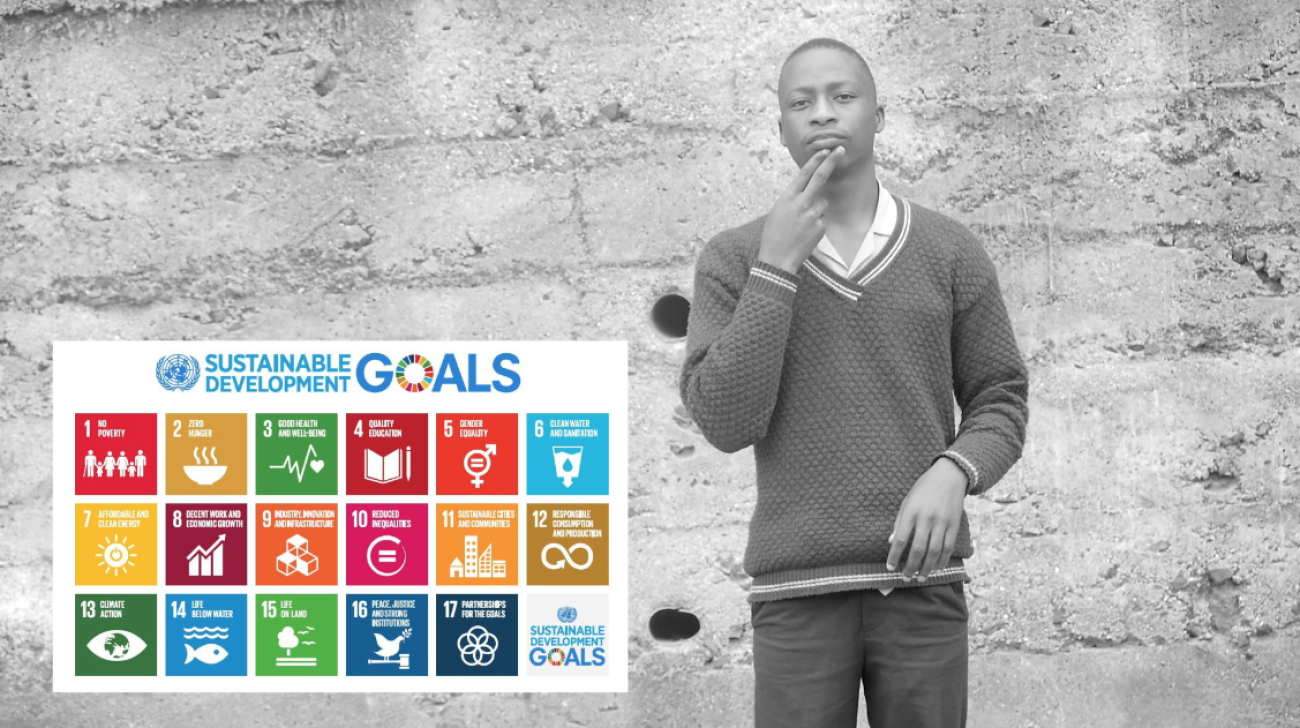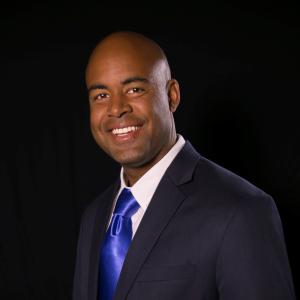"For me, SDG 5 is the most important one, I am a fan of gender equality and would like to see more of equality between men and women," Joel 19 years old, one of the hard of hearing students at CERSOM-COBICERSOM explained.
From November 20 – 21, the UN in Cameroon visited CERSOM-COBICERSOM, a school for deaf students in Bafoussam. The school that was founded in 1997, hosts over 100 students from different regions of the country. The students, aged 4 – 25, are taught by a team of dedicated teachers well acquainted in the sign language.
During the two-day workshop in partnership with JADD, an NGO based in Yaoundé working to promote the SDGs, more than 100 young students were sensitized on Agenda2030 and the 17 SDGs, within the framework of leave no one behind.
Being deaf in Cameroon as anywhere else in the world comes with several challenges, and as requested, a particular focus was therefore directed towards the SDGs of urgent importance
to the deaf community, SDG 3, 4, and 8. SDG 3, which deals with health and wellbeing is of utmost importance, as a simple visit to the hospital for a deaf individual, can be somewhat of a challenge. "As I can read and write, visiting the hospital is quite easy for me. I communicate with the doctor via pen and paper," explained one of the young girls at the school. "For those who can't read and write, it is more difficult," she continued, "they have to be accompanied by one of their friends or a family member who will communicate with the medical personnel in their stead." Some of the older girls told stories of how difficult the communication barrier can be for women giving birth and addressed the need for sign interpreters at health facilities throughout the country.
SDG 4, education is another field where the deaf community is struggling. During the workshop, some of the older students explained how they, on several occasions, have tried to complete their GCE’s but failed. They revealed how they had attended classes with hearing students without being able to hear a single word and how their only information consisted of notes taken by classmates. The students, therefore, proposed that deaf students are given additional time, as well as help from sign interpreters during exams. They also noted the need for a school where deaf students can finish their GCE to enable them to move on with university studies.
SDG 8, which has to do with decent work and economic growth, is a third area where the deaf community has fallen behind, this because they often lack primary education. "Most of us end up doing manual work, but we would love to have the opportunity to learn more, and to study at university, this would benefit the community as a whole."
Towards the end of the workshop, the director of the CERSOM-COBICERSOM, Innocent Djonthe, expressed satisfaction for having been able to work with the UN. "I am delighted that you came to visit our school, it means a lot to our students." He added that he hopes that this was just the beginning of a fruitful cooperation between the UN and the deaf community in Cameroon. "I hope that in 2020, we will be able to continue what we have started and deepen our collaboration in areas that will benefit the deaf community in the country."



















